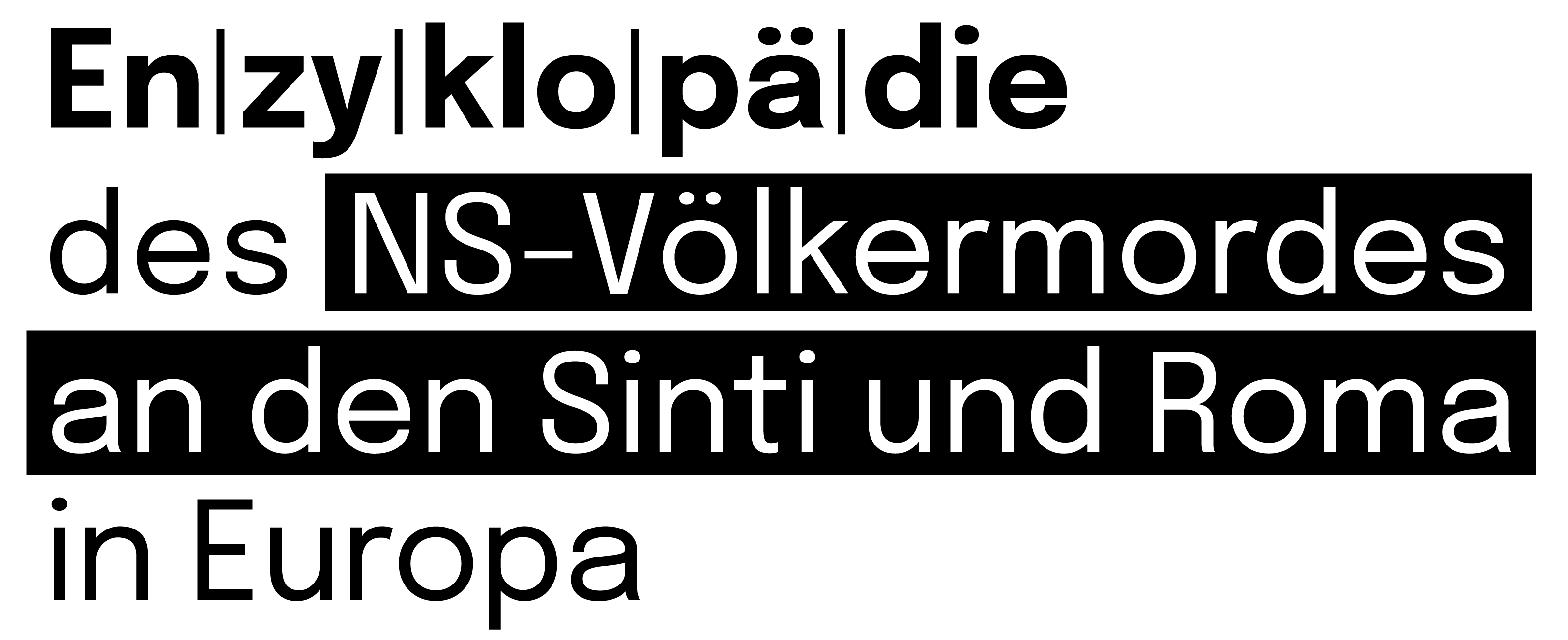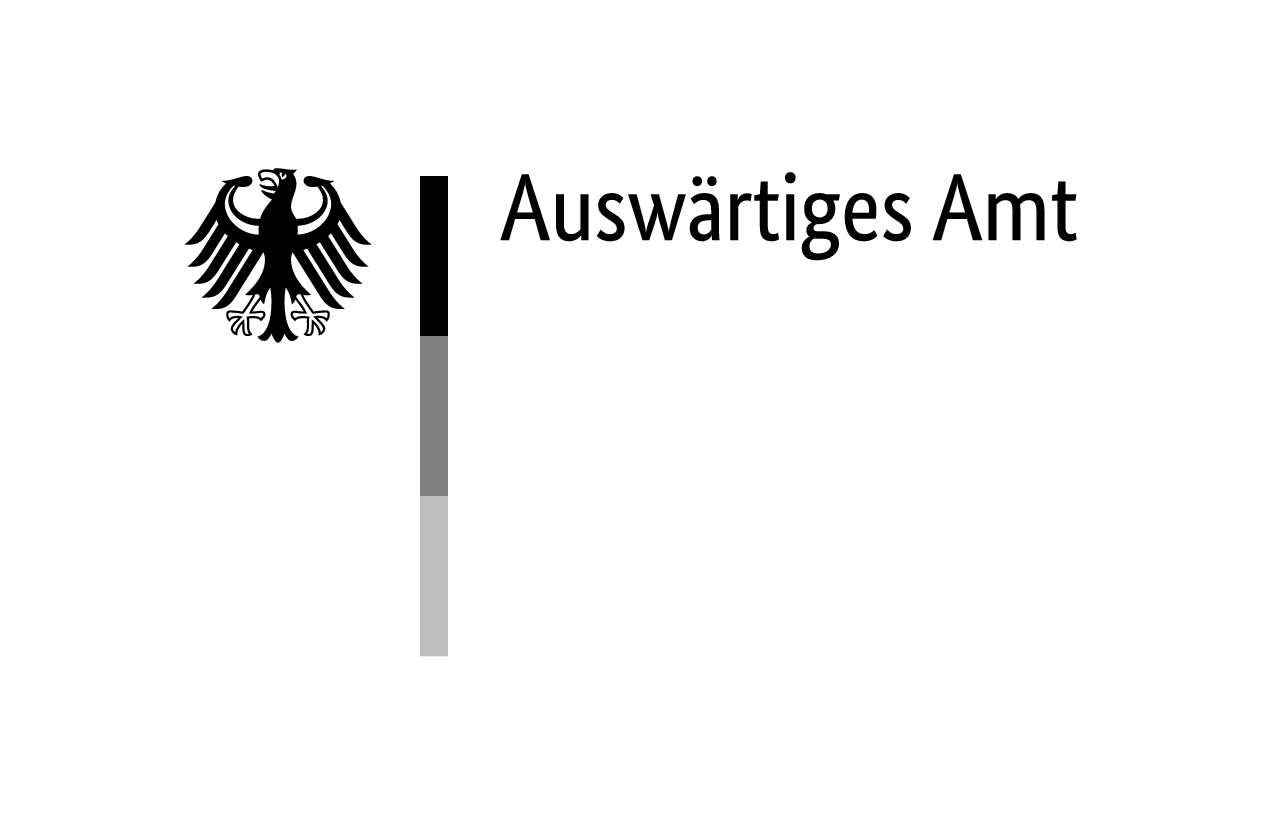Rudolf Daniel, born 20 April 1911 in Oslavany, Brno-venkov district, Czechoslovakia, came from a Moravian Romani family that made a living by trading horses. Rudolf Daniel was the only child of Tomáš Daniel (1890‒1935) and his wife Apolonie born Malík (1890‒1981). Rudolf Daniel attended primary school in Oslavany and in Rousínov (Vyškov district), where he graduated from secondary school. Before World War II, he lived with his mother and other relatives in Hrušovany u Brna (Brno-venkov district).
Deportation and Survival
From August 1940 to February 1941, Rudolf Daniel was interned in an ‚Arbeits-Straflager‘ [penal labour camp] in Hodonín near Kunštát. When the ‘Zigeunerlager’ was established there, Rudolf Daniel was interned there with some relatives from 4 August 1942, but he was released after less than a month. A year later, he was interned again and deported in a mass transport of Roma and Sinti to Auschwitz-Birkenau concentration and extermination camp, where he was registered on 19 October 1943. On 15 April 1944 he was transferred to Buchenwald concentration camp and subsequently also incarcerated in Mittelbau-Dora and Bergen-Belsen. The imprisonment in the concentration camps caused him permanent health problems.
Civil Rights Movement
After the war, Rudolf Daniel returned to Hrušovany u Brna and gradually settled in Brno during the fifties. At this time, he actively participated in the Romani civil rights movement and Roma consciousness campaigns. Together with Antonín Daniel (1913–1996), an educator and activist also originally from Oslavany, and Tomáš Holomek (1911–1988), he worked as one of the Romani advisors to the Regional National Committee in Brno in the framework of activities focused on the Romani population.
Together with Anna Danielová (1921–1999) and the violin virtuoso Rudolf Daniel (1919‒1968), both also originally from Oslavany, Rudolf Daniel belonged to a group of Romani activists from Brno who founded the Provisional Regional Committee of Gypsies on 24 June 1950 and unsuccessfully sought to establish a Romani organisation with operations throughout Czechoslovakia.
At the end of the 1960s, when the state allowed the establishment of the Czech Union of Gypsies-Roma (1969 to 1973), Rudolf Daniel was one of its founding members and an important figure, the chairman of the Union‘s Preparatory Municipal Committee in Brno and the director of the Union‘s Névodrom production collective in Brno (1970 to 1971).
Commemoration and Recognition
His work promoting the commemoration of the National Socialist persecution of the Roma was also important. Together with Anna Danielová, Tomáš Holomek and others, he was a member of the Commission of Former Concentration Camp Prisoners within the Union of Gypsies-Roma, which strove for public commemoration and recognition of the Romani victims.
Rudolf Daniel is the author of an important unpublished manuscript, the book ‘Housle a kůň’ [‘The Violin and the Horse’, held at the Museum of Romani Culture in Brno], which he completed some time in the early 1950s. In this work, in addition to personal memories, he combined valuable data about the occupational culture, lifestyle and the tragic history of the South Moravian Roma during World War II. He died on 20 December 1978 in Brno.




